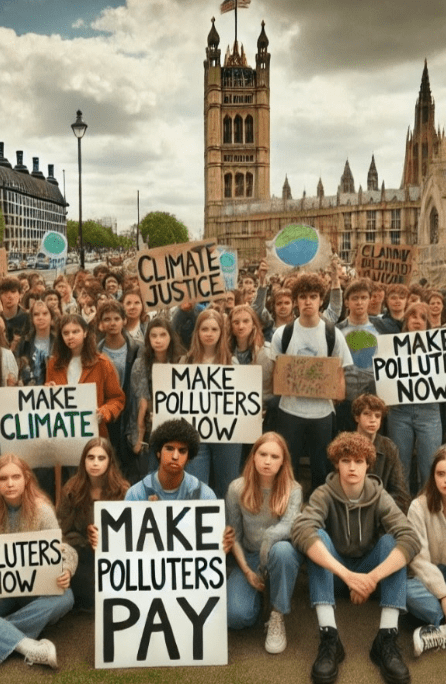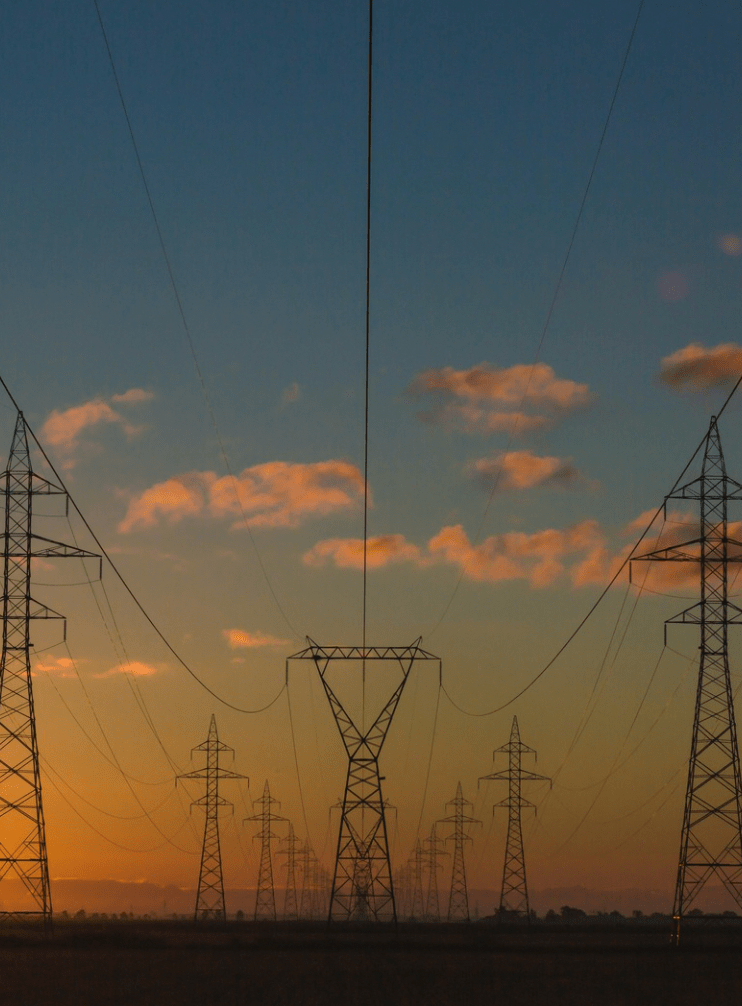The SDG Pulse: February 2025
Climate Accountability Gaining Ground Amid Political Pushback
Despite Donald Trump's push to support the fossil fuel industry, efforts to hold polluters accountable for climate damage are gaining momentum. Led by state governments, youth activists, and non-profits, lawsuits and legislative actions are making fossil fuel companies pay for their role in the climate crisis. With increasing support for “make polluters pay” laws, states like Vermont and New York have already passed laws targeting climate damages, while youth-led litigation continues to grow. For The Peace Department, these efforts reflect how local action, despite national policy setbacks, is essential for lasting climate progress.
Climate Action is Unstoppable—Here’s Why That Matters
Climate action continues to gain momentum. In a recent conversation at the World Economic Forum, Al Gore emphasized that market forces, youth advocacy, and technological advancements are driving an inevitable transition away from fossil fuels. His work with Climate TRACE is revolutionizing emissions tracking, offering unprecedented data to accelerate meaningful solutions. This reinforced The Peace Department's commitment to community-driven, place-based approaches to addressing global challenges. The question isn’t if we’ll transition—it’s how fast we can act.
Subnational Governments Take the Lead on Climate Action
As the U.S. faces uncertainty with the Paris Agreement, subnational governments are stepping up to fill the leadership gap in climate finance and biodiversity conservation. While international climate negotiations have fallen short on financing, local and regional actors—like California and the Governors' Climate and Forests Task Force—are driving impactful climate and biodiversity solutions on the ground. Their resilience is crucial for advancing the SDGs, especially as global cooperation faces setbacks.
Climate Resilience Requires Inclusive Finance
Global climate finance must be inclusive to reach those most affected by climate change. While international negotiations have pledged billions, local communities struggle to access funding for adaptation efforts. Inclusive financial services—like microloans, climate insurance, and anticipatory credit—can empower disadvantaged populations to invest in resilience. Early successes in Bangladesh, India, and beyond show the potential of these tools. For The Peace Department, ensuring finance reaches grassroots actors aligns with our support of innovative finance models to power community-driven solutions. True sustainability demands equitable access to resources.
Energy Security, Affordability, and Sustainability: A False Choice?
At Davos 2025, industry leaders challenged the notion that energy security and affordability must come at the cost of sustainability. While fossil fuel emissions hit record highs, solar energy is now the cheapest in history, reshaping global energy transition economics. The Peace Department recognizes that just transitions require equitable investment—yet only 15% of global energy funds reach the Global South, where energy poverty and climate impacts are most severe. Addressing this imbalance is critical for stability and peace. Can global finance align with climate justice?
Ukraine’s War-Driven Carbon Crisis
The climate crisis not only leads to war but is exacerbated by it. Three years on, the war in Ukraine demonstrates how human and environmental devastation often go hand in hand, with the negative climate impacts of war further shrinking safe spaces and endangering the lives of innocent civilians. This aligns with The Peace Department's legacy of exploring the nexus of climate and conflict, which becomes ever more clear as violence and temperatures continue to rise worldwide.







